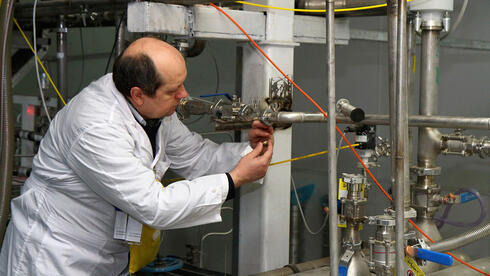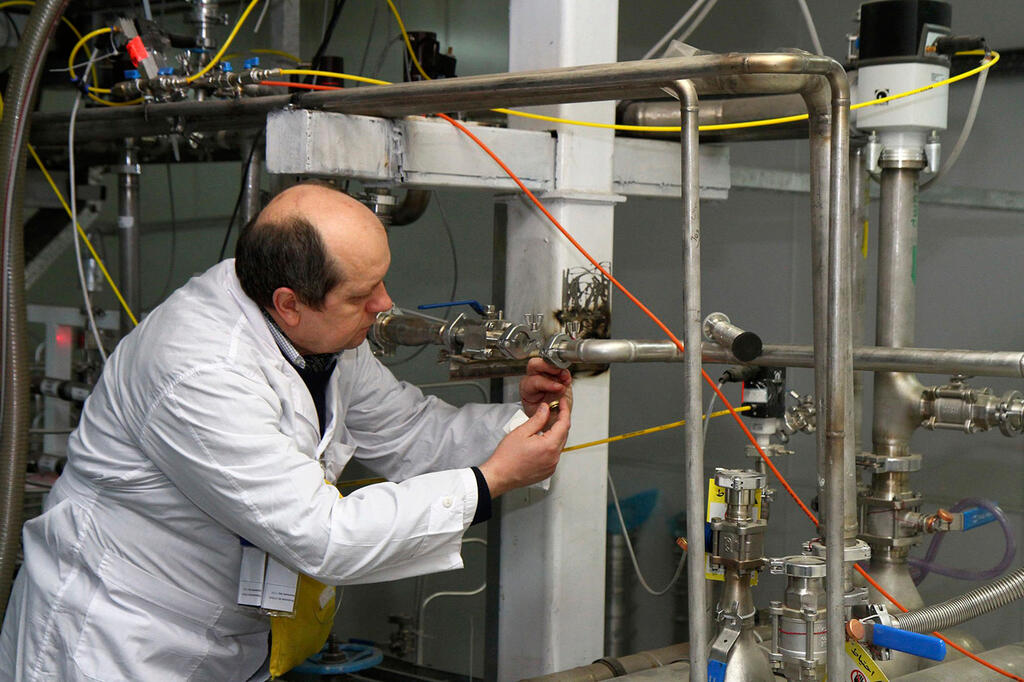According to the IAEA report, Iran had previously conducted undeclared nuclear activities at three sites that have been under investigation for an extended period. The agency also reported a sharp increase in Iran’s stockpile of uranium enriched to 60%, a level that, while below weapons-grade, theoretically brings Iran closer to the capacity to develop a nuclear weapon.
Iran’s official response claims that all of its nuclear materials and activities have been fully reported to and verified by the IAEA. Iranian authorities insisted that “every effort” had been made to identify the source of suspicious particles found at the sites in question. Tehran further alleged that its security agencies had recently uncovered additional evidence indicating that the contamination was the result of sabotage or hostile action.
Iranian media, including the Tasnim News Agency, also circulated messages claiming that past negotiations have proven that “Western countries, particularly the United States, are unreliable and pose a threat to Iran’s national interests by violating commitments.”
2 View gallery


Ali Khamenei, Benjamin Netanyahu, Donald Trump
(Photo: Mandel NGAN / AFP, REUTERS/Mohammed Yassin, Iranian Leader’s Press Office/AP)
The Iranian statement was released ahead of a scheduled IAEA Board of Governors meeting next week, where the agency is expected to address Iran’s alleged violations. Tehran criticized the IAEA for relying on “unverified and politically motivated sources,” and Deputy Foreign Minister Kazem Gharibabadi accused the agency of succumbing to political pressure from the United States and European powers.
Diplomats told Reuters that the U.S., U.K., France and Germany are expected to push for a formal resolution at next week’s meeting declaring Iran in violation of its obligations. If adopted, the resolution could pave the way for a referral to the United Nations Security Council and potentially the imposition of new sanctions.

